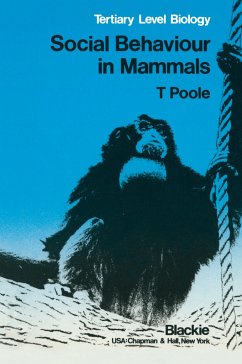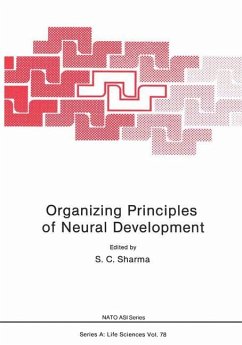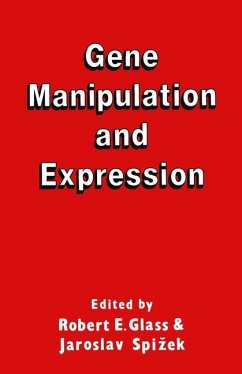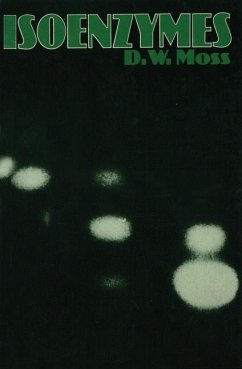
Animal Behaviour
Ecology and Evolution

PAYBACK Punkte
20 °P sammeln!
The study of animal behaviour, particularly from evolutionary and ecological viewpoints, has been one of the major growing points in biology over the last 10 to 15 years. The degree of quantitative rigour in theoretical, observational and experimental approaches to behaviour has increased dramatically. As more of the rapidly growing research literature be comes a basic requirement for students reading animal behaviour at undergraduate level, there is a need for a readily comprehensible text, covering all major aspects of behaviour study, to accom pany their courses. This book, based on my firs...
The study of animal behaviour, particularly from evolutionary and ecological viewpoints, has been one of the major growing points in biology over the last 10 to 15 years. The degree of quantitative rigour in theoretical, observational and experimental approaches to behaviour has increased dramatically. As more of the rapidly growing research literature be comes a basic requirement for students reading animal behaviour at undergraduate level, there is a need for a readily comprehensible text, covering all major aspects of behaviour study, to accom pany their courses. This book, based on my first, second and third year under graduate lectures at the University of No ttingham , is designed to meet that requirement. The book begins with a discussion of the physiological and anatomical bases of behaviour: the relationship between nervous system structure and function and behaviour; hormonal effects on behaviour; biological c1ocks; perceptual mechanisms; and stimulus filtering. This leadsto a consideration in Chapter 2 of how the animal integrates internal and external stimuli in making decisions about its behaviour and the way natural selection has shaped decision-making processes and the organisation of motivation. The first two chapters therefore deal with the instigation or causation of behaviour within the animal. Chapters 3 and 4 deal with developmental aspects of behaviour. Chapter 3 discusses behaviour genetics, inc1uding the relationship between specific genes and behaviour, the heritability of behaviour patterns, the site of gene action in the body and the evolutionary consequences of a genetic basis to behaviour.














